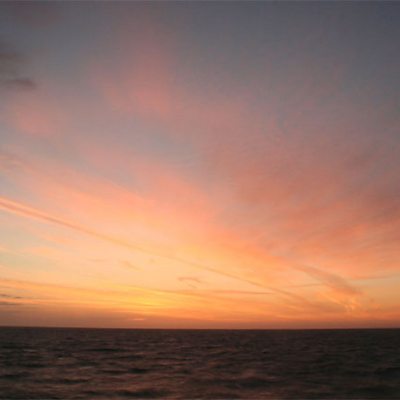Episode details

Available for over a year
Good morning. I couldn’t believe it when the news came through on Tuesday of a second earthquake in Nepal. It just seemed so unfair. Why should nature hit this poor country again? Earthquakes are simply terrifying events. The only experience I have had of one was in 2008 when I woke in the middle of the night to find my room shaking. A 5.2 tremor had hit Market Rasen in Lincolnshire. It was small stuff, but unsettling because we usually rely on the earth to be the solid unmoving ground beneath our feet. One of my favourite hymns speaks of ‘the stable earth, the deep salt sea, around the old eternal rocks’. Well it turns out that neither the earth is stable, nor the rocks eternal. It is hard to accept that nature is impersonal, that it works to its own rules without any consideration of us. The shift of tectonic plates occurs because it occurs. No wonder our ancestors thought of earthquakes as supernatural events and even as punishments sent from God. One of the hardest things to come to terms with is that the world is so beautiful, well-ordered and abundant; and yet at the same time has random destruction built-in. Buddhism invites people of faith to detachment in the face of suffering, to recognise that it is our own longings for security and well-being which cause us such pain. Serenity comes from facing truth and is the fruit of long spiritual practice. In the Christian calendar today is Ascension Day. The Gospel story has Jesus going up a mountain with his disciples and disappearing into a cloud. It’s a crude image and could be taken to indicate the departure of God into heaven with earth being left to its own devices, earthquakes and all. But it could also mean - in a way that could echo Buddhist teaching - that God is not limited by our desires and expectations. Instead God is everywhere and always available, beyond the horizons of our vision, and deep within the potentiality of what he has made. This world is not a paradise made for our convenience, nor is it a well-run machine which occasionally breaks down. It is more wild than either of those descriptions and more free, which means that it is conscious human beings who bear the burden of care and worry, strain and love and suffering. That is the price we pay for life and at times it seems like this it seems very high especially for those who have lost homes and loved ones. Spiritual vertigo is one of the aftershocks of earthquakes. Such disasters test us to the core. But our dignity is there in trying to pick up the pieces, in mourning the dead and rebuilding in hope. God does not abandon us today or any day, but is already in the rubble and disaster seeding new life.
Programme Website